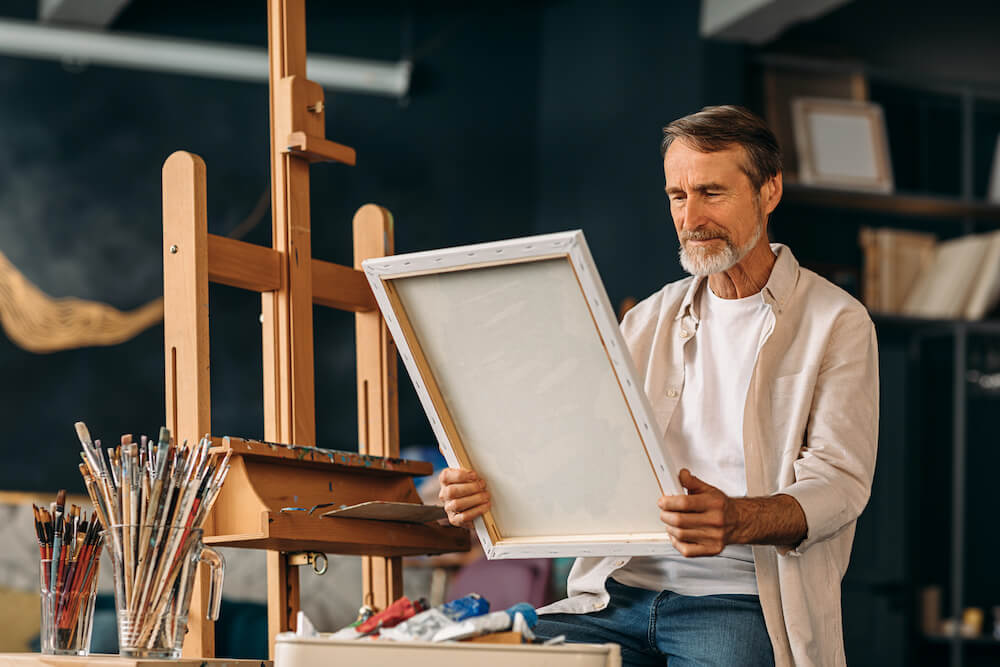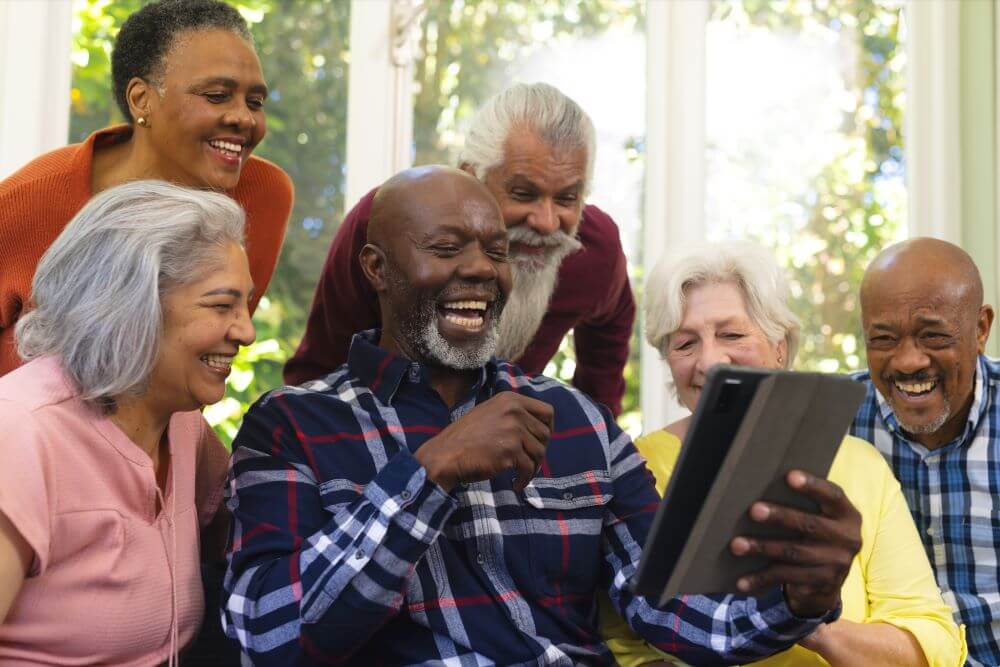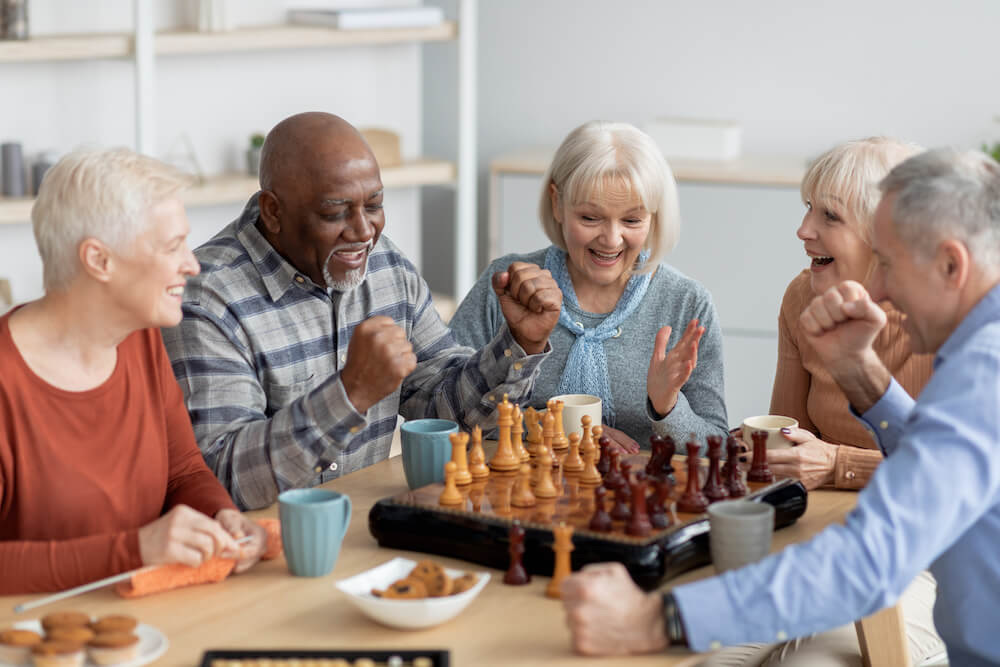Creativity plays a pivotal role in the realm of learning. It bolsters problem-solving abilities and encourages innovative thinking. It is a trait that should be championed across all age groups, extending its influence beyond children and middle-aged adults into the senior years.
A study conducted by Carr and Hass Cohen in 2008 unearthed compelling evidence showcasing that creative expression not only sustains the vitality of aging but also enhances mental and physical well-being. It fosters brain plasticity, promotes social engagement, and refines motor skills. In this article, we will delve into the significance of creativity for seniors and explore how they can tap into their creative faculties.
Why Creativity Matters for Seniors
Overcoming Limitations
Creativity serves as a potent catalyst for problem-solving, making it a valuable resource for surmounting limitations. Many seniors grapple with physical constraints that hinder their mobility or confront cognitive challenges.
However, seniors who cultivate creativity develop resourceful ways to navigate these limitations, fostering greater independence and an enhanced quality of life through their innovative thinking.
Empowerment
A sense of disempowerment often afflicts many seniors as they perceive themselves as less needed within their communities. Artistic endeavors can serve as a powerful antidote to this feeling of marginalization. The act of creating art provides a profound sense of empowerment, as it yields a tangible creation of personal meaning. If their artistic work garners recognition through awards or public display, this amplifies their sense of empowerment.
Outlet for Self-Expression
Seniors frequently grapple with difficulties in expressing themselves. Cognitive limitations or language barriers may hinder their communication with others, leading to feelings of isolation. Engaging in creative activities offers a vital outlet for self-expression. Art, music, and other forms of creativity provide seniors with a medium through which they can convey their emotions and thoughts, thereby reducing feelings of depression and isolation.

Enhanced Physical Health
Most creative activities involve a physical component. Activities such as painting, playing musical instruments, or dancing demand the use of motor skills, helping to maintain physical dexterity. Research indicates that seniors engaging in artistic physical pursuits experience better health, fewer falls, and a reduced reliance on medication. Physical movement through creative endeavors also contributes positively to mental well-being.
Social Connection
The challenges of failing health, bereavement, and isolation often contribute to depression and anxiety among seniors. Participating in creative activities, such as enrolling in courses or workshops, presents an opportunity for seniors to connect with others, forming social bonds that counteract feelings of isolation. These activities keep their minds engaged, diverting attention from negative emotions.
Positive Community Impact
The impact of creative activities extends beyond individual satisfaction. The ability to share one’s creative work with others fosters a sense of connection that ripples through the entire community, elevating feelings of self-satisfaction and forging new social ties.
Recommended Creative Activities for Seniors
Playing a Musical Instrument
Learning to play a musical instrument not only cultivates creativity but also sharpens cognitive functions. It can reduce the risk of Alzheimer’s and dementia, impart a sense of accomplishment, lower heart rate and blood pressure, and alleviate stress.
Art
Engaging in various forms of visual art, including sculpting, painting, and collage-making, offers numerous benefits. These activities enhance mental well-being, boost cognitive function, improve motor skills, and provide a source of enjoyment.

Writing
Writing, especially journaling, serves as a therapeutic tool that enhances mental health and reduces stress and anxiety. Seniors can further nurture their creativity by exploring poetry, short stories, or even book writing, using characters to express their feelings and emotions. Sharing their work through writing contests or publication can amplify their sense of satisfaction.
Cooking
While cooking may not immediately appear as a creative activity, it indeed holds creative potential. Seniors can explore new recipes, enhance sensory memory by experimenting with flavors, and devise delightful combinations. Sharing their culinary creations with friends and hosting gatherings can also foster social connections.






